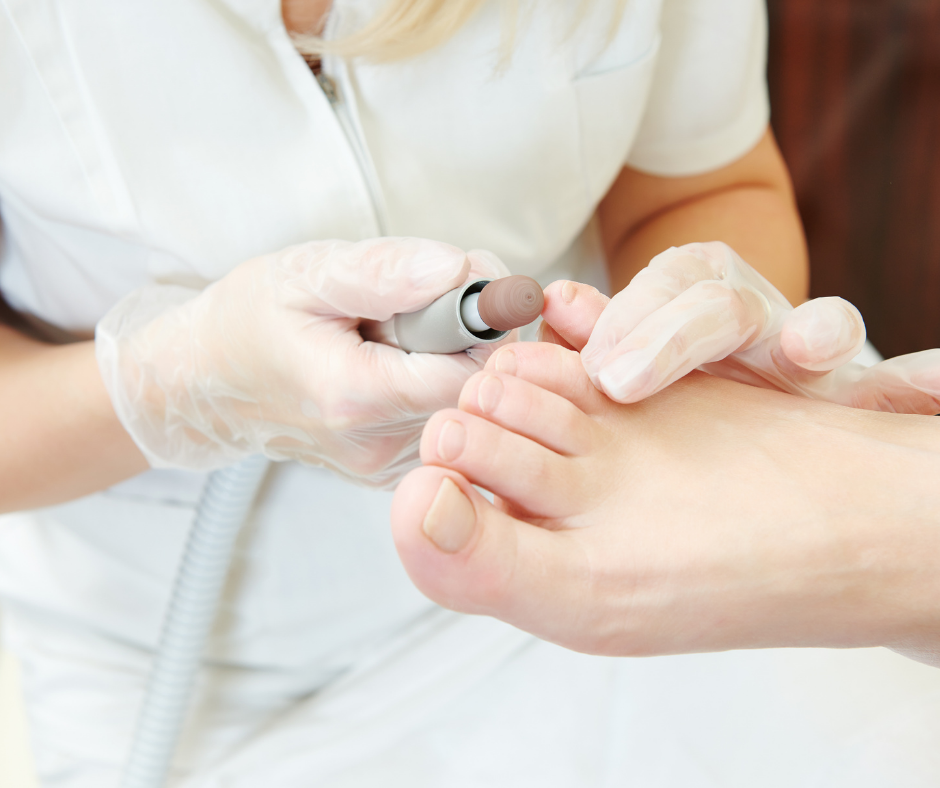Your feet work hard to support your body weight and take you wherever you want or need to go throughout the day, yet they are easily the most neglected part of the human body. Some simple changes in our habits can help us take better care of our feet.
Foot Anatomy
- Each foot contains 26 bones, 33 joints, and more than 100 muscles, tendons, and ligaments. You don’t have to remember the specifics, but the takeaway is to know that many structural elements come together to hold the foot together and allow it to move in various ways.
- There are approximately 250,000 sweat glands in the feet, and on average, they excrete around 1 cup of moisture in one day. Wearing socks made of natural fibres like cotton and wool instead of synthetic materials will help to create a more breathable environment.
Footwear
- Wearing properly fitted footwear is very important to your foot health. If you are unsure of your size, you can have your feet measured before purchasing shoes. In addition, always try them on. Make sure to leave 1 inch or about a finger’s width between the longest toe and end of shoe.
- To expand on the previous point, wear shoes that resemble the general shape of your foot. Avoid shoes with a narrow and pointed toe box, especially if you have Bunions. Keep in mind, there are shoe companies that make shoes of differing widths in addition to various lengths.
- Wearing heels can shorten or tighten your calf muscle. A tight calf can lead to Achilles tendonitis or ankle equinus.
- A pair of Custom foot orthotics can help to support, stabilize, and balance your feet, ultimately improving foot alignment and gait patterns. It is recommended to replace an orthotic every 2-3 years.
Footcare
- Wash your feet daily and dry well in between the toes. Finish with daily applications of a urea-based moisturizer. This simple practice helps to reduce bacterial and fungal load and keep the skin’s integrity at its best. Your skin is the first line of defense against infections.
- Trim your toenails straight across and not too short. This helps to reduce risk of breaks in the nail as well as Ingrown toenails.
- The most common ailments of the foot include ankle sprains, Corns, Calluses, nail problems, and Plantar fasciitis.
Our nurses are trained to handle any and all your foot health concerns. From mild, to critical, we cover all sides of the foot needs spectrum. Call us to ask about actionable steps towards your solution today!


